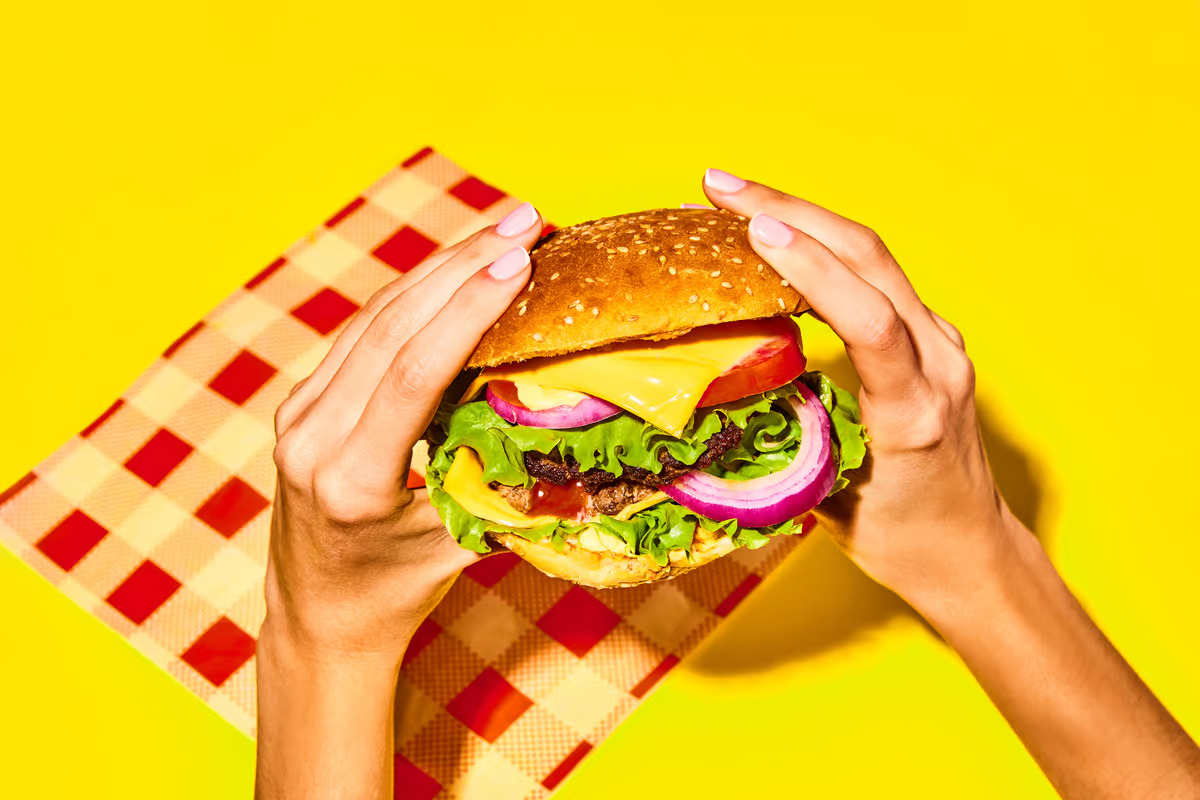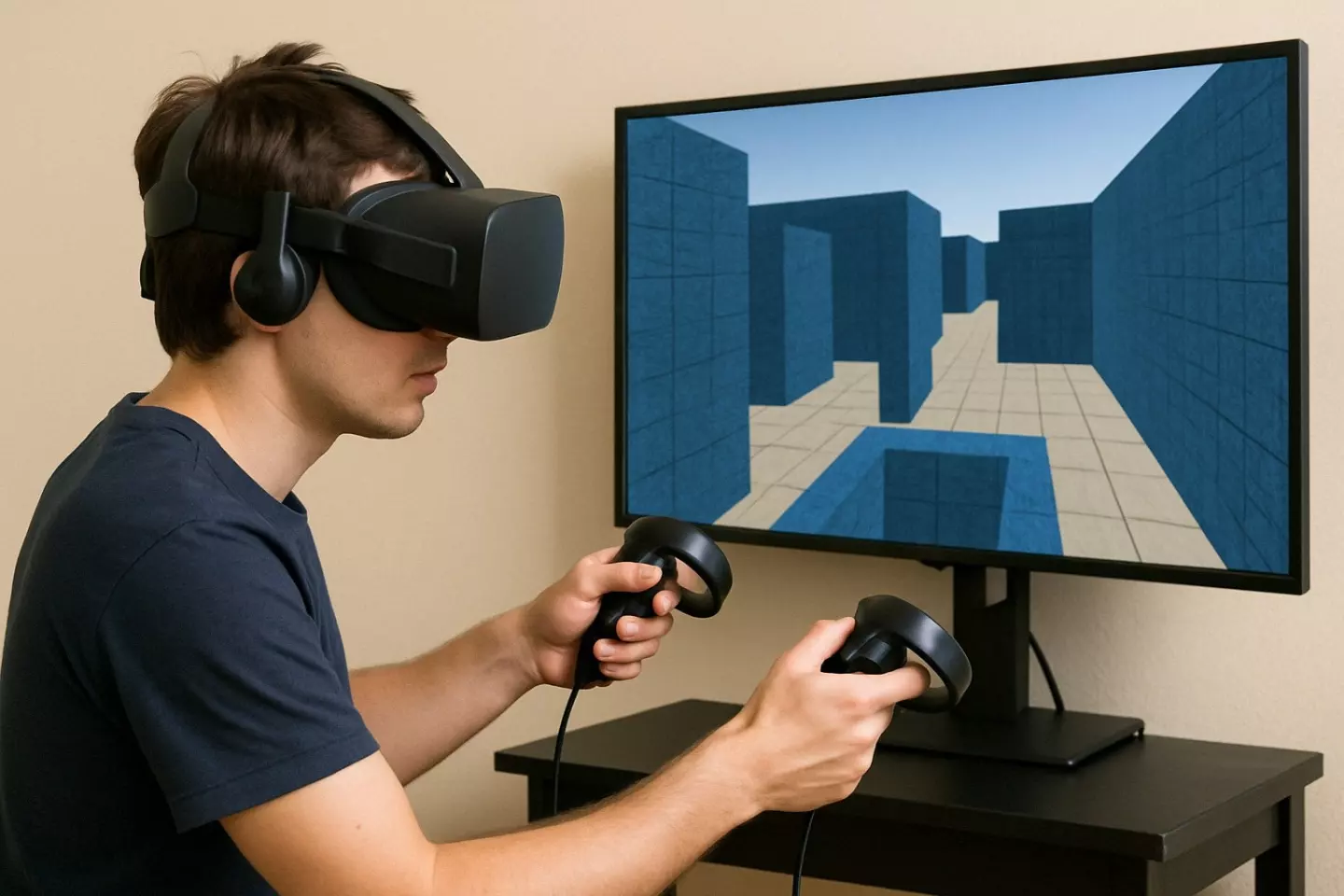 Foods high in sugar and saturated fat linked to surprise brain impairment. Depositphotos –
Foods high in sugar and saturated fat linked to surprise brain impairment. Depositphotos –
Using a virtual reality (VR) system, scientists from the University of Sydney have shown a link between diets high in fat and sugar and impairment of spacial navigation and memory. This supports findings in previous rodent studies.
In the trial, 120 young adults underwent a dietary fat and sugar (DFS) survey for researchers to roughly assess their average intake for the previous 12 months. Then, wearing a VR headset, the participants used a joystick to navigate through a three-dimensional maze with landmark clues to find a treasure chest at the end.
They had to do this six times, and if they found the treasure chest in less than four minutes, they progressed to the next attempt; if they failed to make this deadline, they were virtually teleported to the chest’s location so they could see the landmarks nearby for the next go.
On the final, seventh turn, the treasure chest was removed and this time the participants had to navigate to the part of the maze they believed was its previous location.

–
Even when adjusting for BMI and working memory, participants with higher DFS scores performed significantly worse in pinpointing the chest’s location than those who had less fat and sugar in their diets.
The findings suggest that high fat and sugar diets – like traditional Western diets – cause some kind of hippocampus impairment, impeding its spatial navigation and memory function. Spatial navigation is, of course, learning and remembering a route from one location to another.
“After controlling for working memory and BMI, measured separately to the experiment, participants’ sugar and fat intake was a reliable predictor of performance in that final, seventh, test,” said Dominic Tran from the University of Sydney.
This means that even in relatively healthy people with normal BMI scores, a poor diet may still impair cognition long before they develop other metabolic conditions.
There were, of course, some limitations to the study. Despite 120 people starting the trial, only 55 completed it due to intolerance to the VR system (motion sickness). And it centered on young college students – aged 18 to 38 – which is not representative of the general population. In addition to this, the survey was self-reported and no brain imaging was investigated.
So while unable to prove causation, the results aligned with previous rodent studies showing how high fat, high sugar diets impacted the animals’ spatial learning and memory.
“The good news is we think this is an easily reversible situation,” Tran said. “Dietary changes can improve the health of the hippocampus, and therefore our ability to navigate our environment, such as … [For the balance of this extremely interesting and important articles, please visit: https://newatlas.com/diet-nutrition/junk-food-cognition/]
–
The study was published in the International Journal of Obesity.
Source: The University of Sydney
–
























